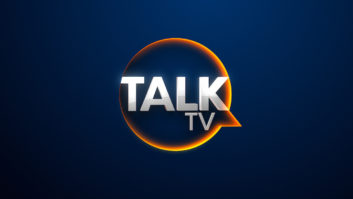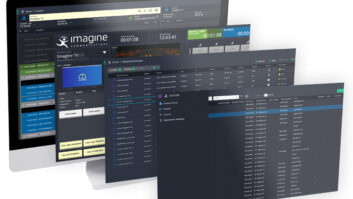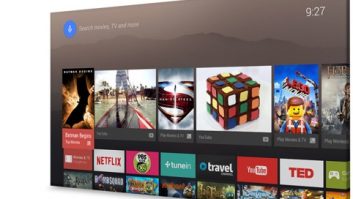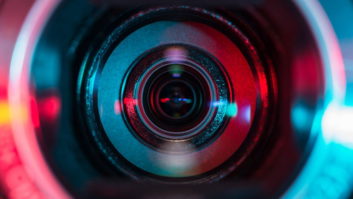Piers Morgan is moving his daily Uncensored show from TalkTV to his YouTube channel. In his own words, Morgan said television schedules had become an “unnecessary straitjacket,” and moving online would allow him to conduct longer, more in-depth interviews.
Morgan feels the move to YouTube will help the show attract a more global audience. The decision raises questions about the reach of traditional TV broadcasting vs streaming – and the figures say it all. On YouTube, Morgan’s interviews regularly attract hundreds of thousands of views, sometimes even reaching millions. By comparison, TV ratings for his TalkTV show, which airs daily at 8 pm, are in the tens of thousands per episode.
The announcement by Morgan and TalkTV could act as a catalyst for other TV broadcasters to reconsider their approach to content delivery. This could begin a significant shift for more high-profile shows and personalities to move away from linear TV and refocus valuable effort and investment on streaming.
Content consumption has changed – producers must adapt
It’s not news that the way people consume media has changed – more people than ever before are switching off linear TV in favour of on-demand streaming channels to watch their favourite shows. This gives them the freedom to watch content when they want to, rather than being confined to the scheduled programming times.
So what exactly does this mean for traditional broadcasters, and what does it mean for Morgan’s contemporaries – will they follow suit or hang on to their current roles?
Becoming your own producer
Beyond boosting viewing figures, this move from Morgan and TalkTV has wider benefits for the producer, such as greater ad income and more creative control over the process.
This is not a new trend by any means – and is in fact something that Brightcove previously predicted. We coined it “The Producer Economy” – the natural next step from the creator economy. Driven by the growing number of creators and producers making the most of technology to produce high-quality content and reach new audiences, the Producer Economy is characterised by the democratisation of content creation and distribution. Essentially, anyone with a smartphone and a creative idea can reach a global audience with their content. By extension, anyone with a TV show can expand their global audience (as Morgan has explicitly said he wants to) by deprioritizing traditional broadcasting norms and moving online.
The internet and streaming have created the ability for all of these producers to have a voice and real agency in the distribution of their content. So, what’s holding you back if you’re a producer with meaningful brand awareness and audience following? The audience is there. The technology is there, too. The answer for Morgan was, clearly – nothing. And his move isn’t without precedent – he cited Joe Rogan as his inspiration.
Now, it’s not just Hollywood where producers can own their content, distribution and monetisation. Individual creators like Morgan can do it. Companies and brands can do it. All of these producers have the opportunity to reach their audiences on multiple platforms, including directly. This is the producer economy, where producers own their own digital future.
What’s next for The Producer Economy?
The Producer Economy is by no means a new trend but has been growing over recent years, coupled with changing consumer behaviours, which see more people streaming their entertainment, news and politics online, instead of watching traditional media sources. Ofcom’s latest report found broadcast TV’s weekly audience had the steepest annual decline since records began. Online sources are now the second most-used platforms for news, close on the heels of broadcast TV. These trends are accelerating the Producer Economy and propelling it into the sphere of linear TV, where producers must decide whether to try and draw audiences to them – or go where the audiences have already gone.
It is time for TV producers to take a note from Piers Morgan and ultimately control their digital future. In doing so, they can reach larger global audiences, have greater ownership of their content, control their first-party data, and gain more ad income. In turn, they will also provide viewers with the freedom to consume their content when and how they prefer.







